When I’m traveling, I’m always on the lookout for fun pieces of public art. So, when I found out about the Freedom Wall in Buffalo, NY, I was really excited to check it out.
The Freedom Wall is located a short distance north of the city, at the northern entrance to the Michigan Street African American Heritage Corridor. The wall stretches along portions of both Michigan Avenue and East Ferry Street.
The wall is located across the street from the Bethel African Methodist Episcopal Church. This church has been in operation since 1831, making it the oldest African-American church in Buffalo. Its location near the Canadian border made it a prominent stop along the Underground Railroad.
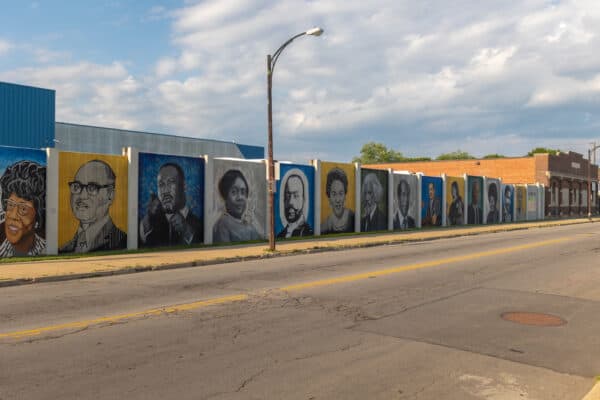
The Freedom Wall was commissioned by the Albright-Knox Art Gallery in 2017 as one of their many pieces of public art around the city. Four different artists worked on the project, all of whom are local to the Buffalo area.
The wall is 300 feet long and features 15-foot tall portraits of 28 different influential Black Americans from throughout our history. These figures were prominent for a variety of reasons, but each has had an impact on Black history in this country.
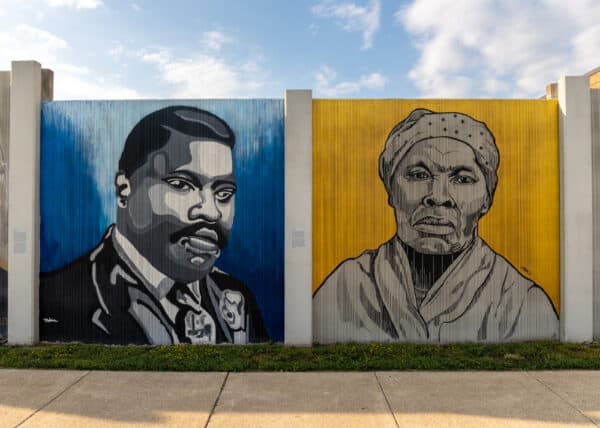
In fact, the 28 men and women featured here were chosen from more than 300 different figures nominated for inclusion. The figures painted on the wall include prominent national figures such as Martin Luther King, Jr., Harriet Tubman, and Frederick Douglass. There are also many local figures such as Representative Shirley Chisholm, Bill Gaiter, and Reverand J. Edgar Nash, Sr.
This gives the wall a great mix of figures and a local flair to this important piece of public art.
Wanting to see the Freedom Wall I took the time to visit it in the summer of 2021.
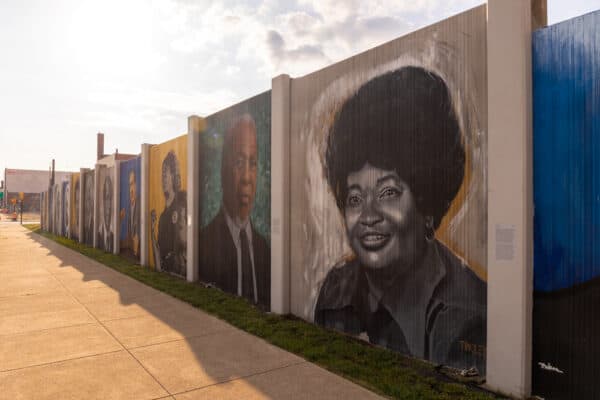
What instantly impressed me the most when I visited was the stunning colors used in the images. The portraits really stand out along the road, and each panel is incredibly life-like. There’s no question that the artists picked for this project did an excellent job bringing their subjects to life.
Each of the four artists involved in the project completed seven panels, and their work alternates with each other. This gives the wall a varied appearance, but the portraits also all go together very well. However, you can also tell each artist’s individual style and technique when viewing the Freedom Wall.
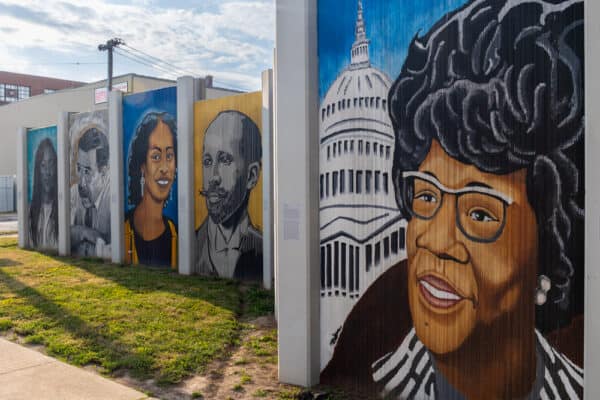
Next to each portrait is a bit of information about the person featured. This made the wall a great education tool, and I especially enjoyed learning about some of the figures that I was unfamiliar with.
There is also a panel on the far right end of the wall, next to the portrait of Harriet Tubman, that offers a bit more history on the art project, including the hundreds of other people nominated for inclusion on the wall. For those that want to learn even more, the local PBS station put together a short documentary in 2019 that tells more of the Freedom Wall’s story. You can also read more about its history here.
Buffalo is a city filled with public art, but what I loved most about my visit to the Freedom Wall was that it also gave me a chance to learn more about some fascinating historical figures and how they impacted Upstate New York, America, and the world.
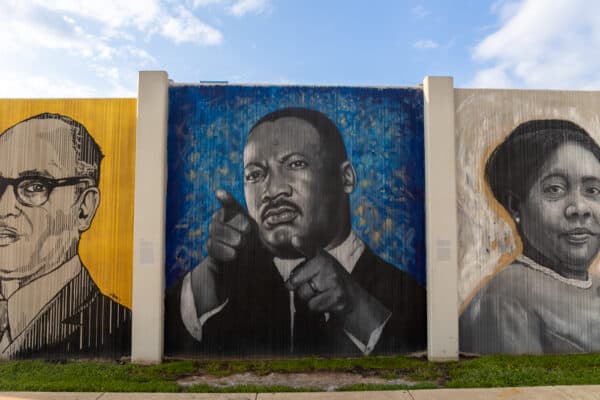
That’s why, in my opinion, the Freedom Wall is definitely a spot that everyone visiting the Greater Niagara region should check out. Not only is it free to visit, but it’ll offer the chance to learn more about America’s Black history and to more fully appreciate the work of these pioneers of civil rights.
The Freedom Wall can be found at the intersection of Michigan Avenue and East Ferry Street across the street from the Bethel AME Church. You can use the church’s address to locate the mural: 1525 Michigan Ave, Buffalo, New York.
Looking for more places to visit nearby? Check out the home of President Millard Fillmore, Frank Lloyd Wright’s Martin House, and the Buffalo River History Tour.

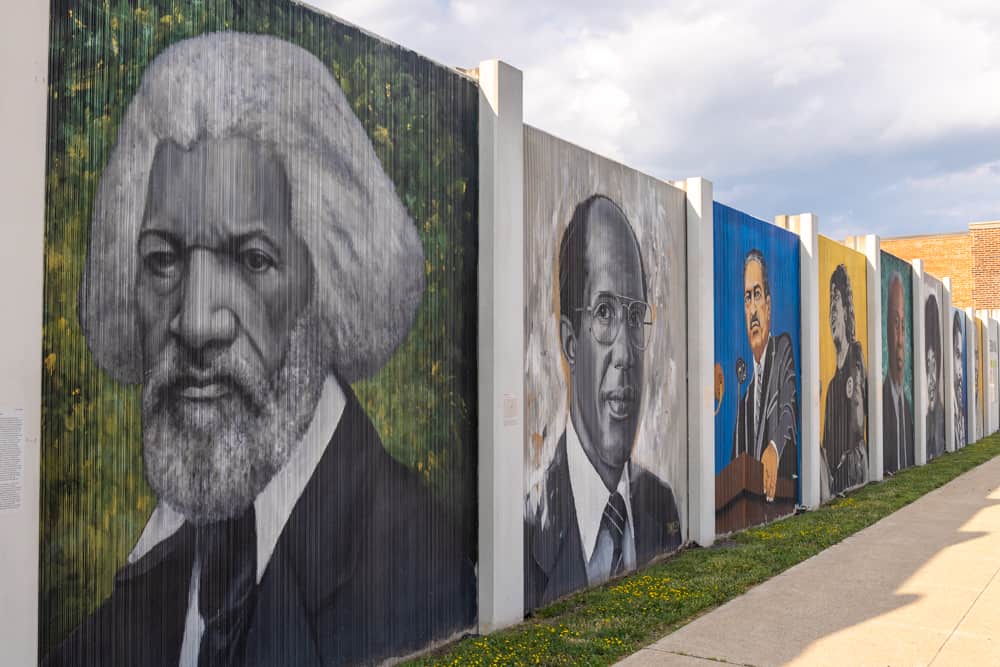
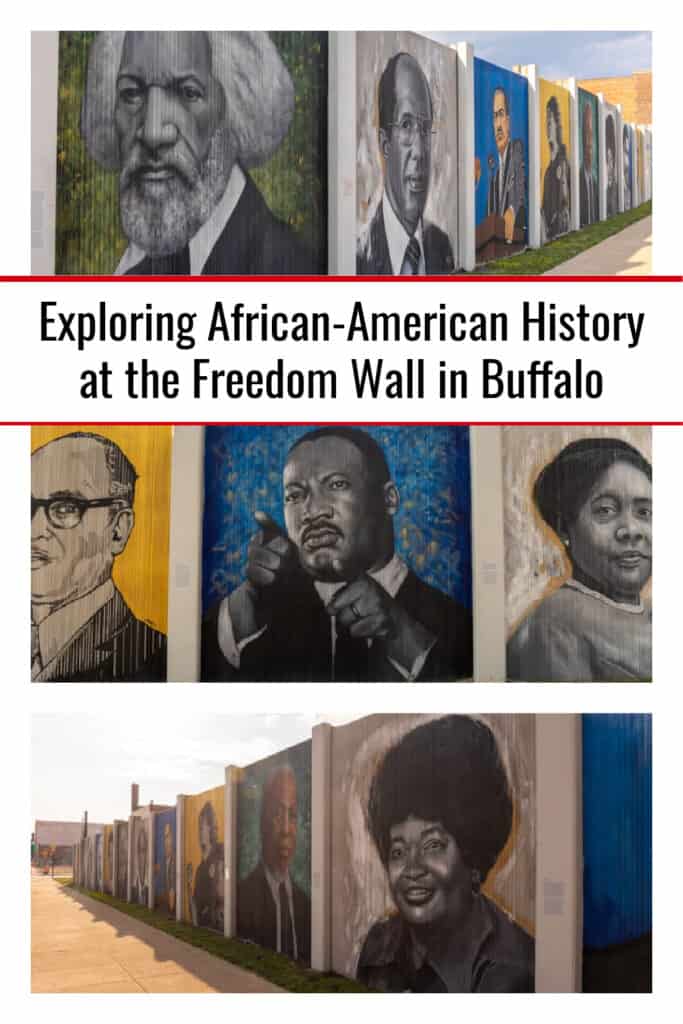
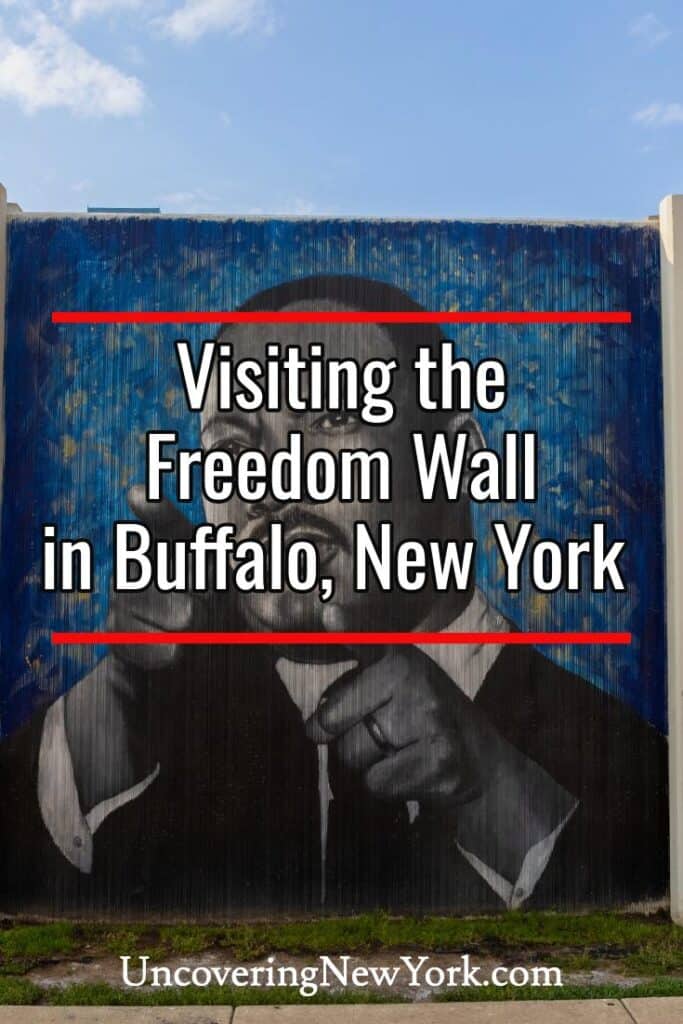

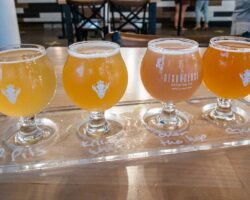
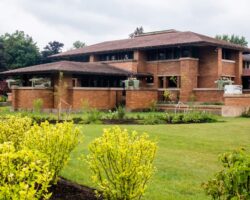
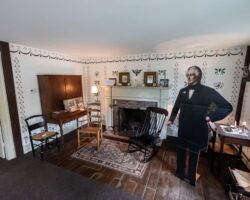
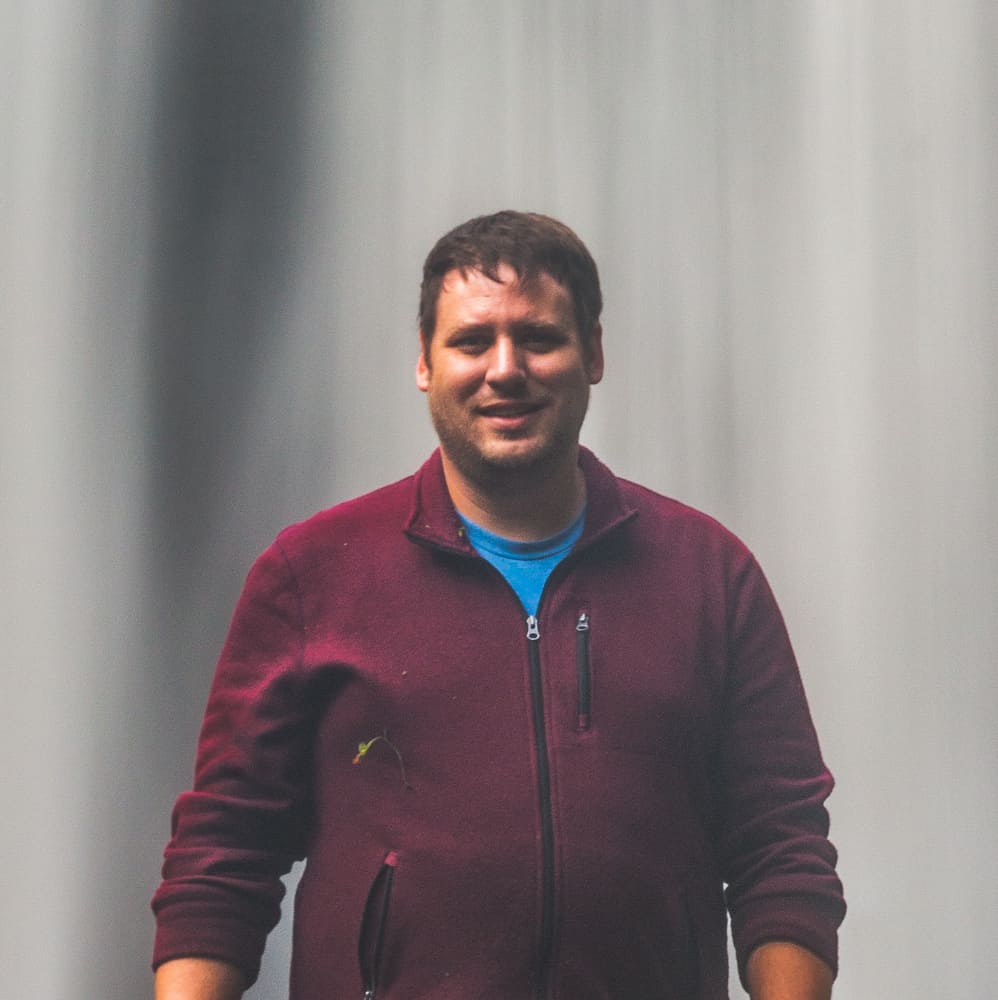
I love that Freedom Wall. Such an outstanding work of Art. I just wish it was enclosed with glass. So it could be protected from the elements of weather. Kudos to all the Artist. A Masterpiece.